The Ruth K. Broad Foundation Seminar Series on Neurobiology and Disease at Duke University seeks to promote Translational Neuroscience by facilitating the interactions of fundamental and clinical neuroscientists. Translational Neuroscience applies insights gained through fundamental research on brain structure and function to develop novel pharmacological, surgical, and behavioral therapies of these diseases. This seminar series will feature national and international neuroscientists of the highest caliber. Neuroscientists from Duke and other academic institutions, government, and pharmaceutical and biotechnology institutions throughout the region are welcome to attend.
This lectureship series is made possible by the generous support of the Ruth K. and Shepard Broad Biomedical Research Foundation.
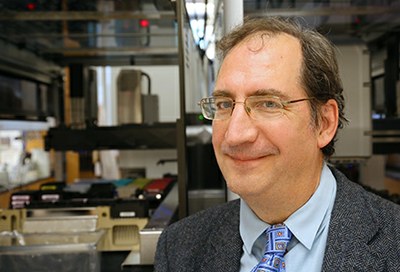 Bryan Roth, MD, PhD
Bryan Roth, MD, PhD
New chemical and synthetic biology technologies
October 19, 2021
Bryan Roth is the Michael Hooker Distinguished Professor in the Pharmacology department at the UNC School of Medicine and Director of the NIMH Psychoactive Drug Screening Program. He is a member of the National Academy of Medicine of the National Academy of Sciences and a fellow of the American Academy of Arts and Sciences.
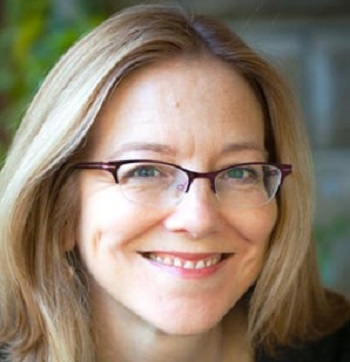 Patricia Janak, PhD
Patricia Janak, PhD
Dynamic reward signaling in ventral pallidum
November 30, 2021
Patricia Janak is the Bloomberg Distinguished Professor of Psychology and Neuroscience in the department of Psychological and Brain Sciences at Johns Hopkins School of Medicine. She is a member of the NIAAA/NIH Board of Scientific Counselors and the Coordinating Editor of Psychopharmacology.
Xiaowei Zhuang, PhD
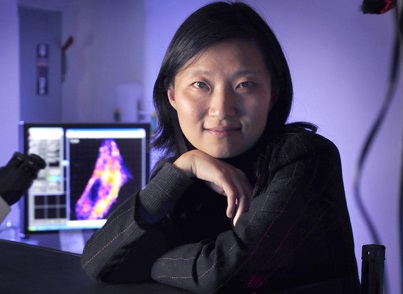
February 22, 2022
Xiaowei Zhuang is a Howard Hughes Medical Institute Investigator. She is the David B. Arnold Jr. Professor of Science, a Professor of Chemistry and Chemical Biology, and a Professor of Physics at Harvard University. She also serves as the Director of the Center for Advanced Imaging at Harvard. She has been elected to membership in the National Academy of Sciences, the National Academy of Medicine, and the American Academy of Arts and Sciences.
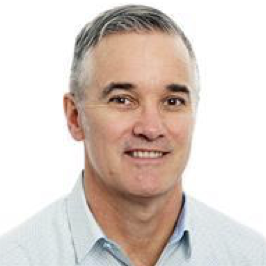 Nelson Spruston, PhD
Nelson Spruston, PhD
February 24, 2022
As Senior Director of Scientific Programs for the Howard Hughes Medical Institute, Nelson Spruston has oversight of the Science and Training team at the Janelia campus. Spruston also oversees the Gene-Targeting and Transgenics resource. Spruston’s lab explores the role of the hippocampus in learning and memory, with an emphasis on the properties of a diverse collection of cell types and how they come together to form a circuit that mediates the learning and recall of episodic memories.
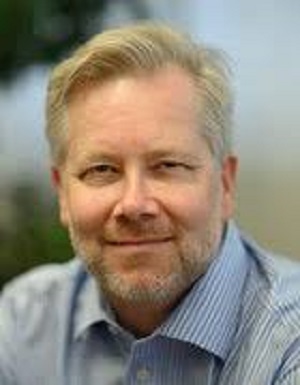 Herwig Baier, PhD
Herwig Baier, PhD
March 1, 2022
Herwig Baier is a German neurobiologist with dual German and US-American citizenship. He is Director at the Max Planck Institute of Neurobiology and head of the department Genes – Circuits – Behavior. Baier's research aims to understand how animal brains convert sensory inputs into behavioral responses.
 Ivan Soltesz, PhD
Ivan Soltesz, PhD
March 8, 2022
Ivan Soltesz is the James R. Doty Professor of Neurosurgery and Neurosciences at Stanford University School of Medicine. His major research interest is focused on neuronal microcircuits, network oscillations, cannabinoid signaling and the mechanistic bases of circuit dysfunction in epilepsy. He is the author of a book on GABAergic microcircuits (Diversity in the Neuronal Machine, Oxford University Press), and editor of a book on Computational Neuroscience in Epilepsy (Academic Press/Elsevier). He co-founded the first Gordon Research Conference on the Mechanisms of neuronal synchronization and epilepsy, and taught for five years in the Ion Channels Course at Cold Springs Harbor.
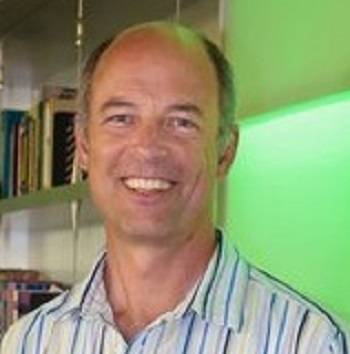 Markus Meister, PhD
Markus Meister, PhD
March 15, 2022
Markus Meister is the Anne P. and Benjamin F. Biaggini Professor of Biological Sciences at Caltech. Dr. Meister studies the function of large neuronal circuits, with a focus on the visual and olfactory sensory systems. Early in his career he pioneered the use of multi-electrode arrays for parallel recording from many of the retina’s output neurons. Together with new approaches to visual stimulation, this helped reveal how much visual processing is accomplished in the retina. In recent years, Meister’s group has been exploring population coding in the mammalian superior colliculus to understand the next stage of visual processing. Meister also serves on advisory boards of research organizations and foundations including the Allen Brain Institute, the Howard Hughes Medical Institute, the Max Planck Institute for Neurobiology, and Cold Spring Harbor Laboratory.
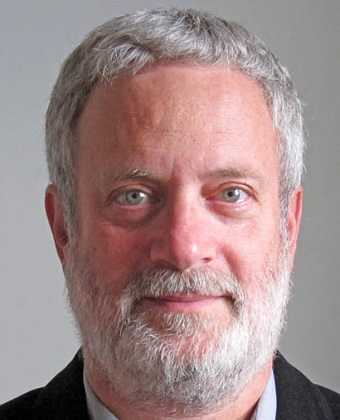 Steven Siegelbaum, PhD
Steven Siegelbaum, PhD
April 5, 2022
Steven Siegelbaum is a Professor of Molecular Pharmacology and Therapeutics and the Gerald D. Fischbach, M.D. Professor of Neuroscience at Columbia University. He serves as Chair for Columbia's Department of Neuroscience. Siegelbaum is interested in the molecular and cellular mechanisms underlying electrical signaling and synaptic transmission in the nervous system, and how these electrical signals give rise to complex behaviors. His group focuses on how ion channels and synaptic transmission regulate information flow in the cortico-hippocampal circuit, which plays a critical role in learning and memory.